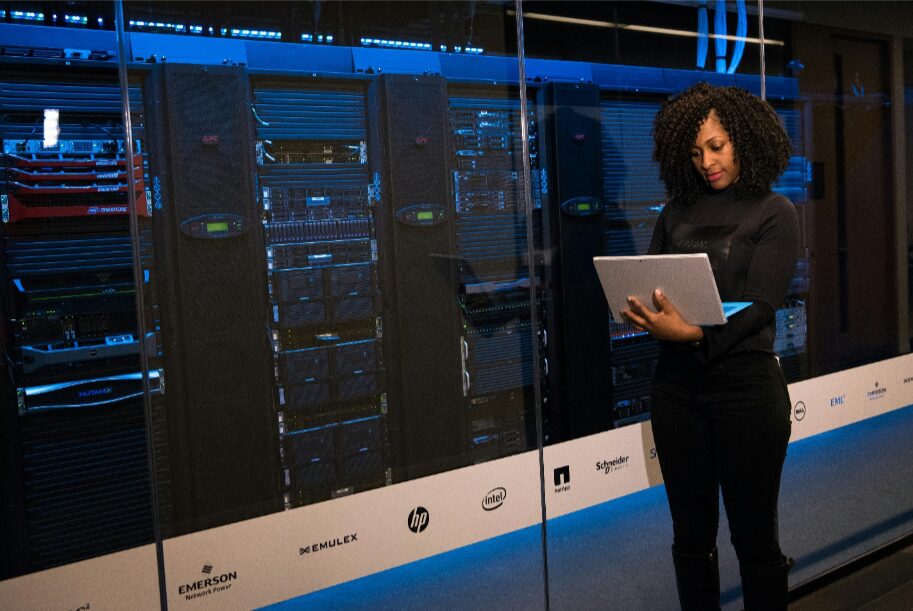Cyber threats aren’t just movie plotlines anymore—they’re real, growing, and everywhere. From stolen passwords to data leaks, it’s clear that security skills are no longer optional. If you’re in tech, you need to know how to stay ahead of attacks. Businesses, schools, and even hospitals rely on people who know how to protect their systems.
Today, it’s not about having one single skill—it’s about combining several. Modern professionals need to be sharp, focused, and well-prepared from stopping hackers to understanding how networks work. Here are five key skills that are driving the next generation of defense.
Threat Intelligence and Risk Awareness
Spotting trouble before it spreads is a major part of keeping systems safe. This skill involves learning how attackers think, understanding current threats, and identifying weak spots. Risk awareness helps teams make smart decisions and take quick action when needed. It also helps prevent small problems from turning into major ones. Knowing what to look for—and when—is one of the most valuable things a professional can learn early on.
Mastering Core Security Disciplines
Technical skills don’t develop overnight. People need training that covers everything from system basics to hands-on protection methods. A structured learning path builds that foundation step-by-step. That’s where an online BS in cybersecurity from Youngstown State University fits in. YSU offers flexible, affordable learning focused on real-world security tools. The program covers policy writing, ethical hacking, and network defense. Located in Ohio, YSU is ranked for both value and quality, with a mission to prepare students for high-demand roles in tech security. Enrolling in a program that’s designed particularly for individuals looking to establish a career in cybersecurity is the key to driving the next generation of digital defense.
Network Architecture and System Hardening
Strong networks are the backbone of safe technology. Learning how to build and protect them is essential. This includes knowing how firewalls work, managing system updates, and ensuring no part of the setup is exposed. People who understand these layers can prevent break-ins before they start. This skill also supports better performance and fewer breakdowns overall. It’s one of the first things employers look for when hiring for tech security roles.
Ethical Hacking and Pen Testing
This skill is about thinking like a hacker for the right reasons. Ethical hackers test systems to find weak points before attackers do. They use the same tools but for defense. Penetration testing helps fix problems early and keep data safe. Companies rely on these testers to protect private information. It’s a growing field and an important way to stay one step ahead of evolving threats. It also builds trust between teams and users.
Responding to Incidents in Real Time
Even the best setups can fail. That’s why quick, clear responses are so important. This skill is about stopping attacks, fixing the damage, and reviewing what went wrong. It’s not just technical—it also involves strong communication and teamwork. Fast action can save data, money, and reputation when something goes wrong. People who stay calm under pressure are a big asset to any team handling system safety.
Cloud and Virtual Environment Security
As more businesses move to the cloud, knowing how to protect cloud-based platforms has become a must. This skill involves managing cloud storage, setting up secure access, and understanding how shared data flows between systems. It also includes securing virtual machines and using identity controls to keep intruders out. Professionals who master cloud safety are in high demand across industries. With more services running remotely, it’s a skill that isn’t going away anytime soon.
Scripting and Automation
Manual work takes time—and in cybersecurity, speed matters. That’s why scripting is such a valuable skill. It helps automate routine tasks like scanning systems, updating software, or detecting abnormal activity. Knowing basic scripting languages like Python or PowerShell can make a professional’s job faster and more efficient. Automation not only saves time but also reduces the chance of human error. Teams that use scripts are better equipped to handle growing workloads without sacrificing quality.
Communication and Compliance Awareness
Security isn’t just a technical job—it’s also about clear communication. Professionals need to explain risks to people who don’t work in tech. This means writing easy-to-understand reports, sharing updates with teams, and guiding decisions with clear facts. Knowing compliance standards like NIST or ISO is also a must. Companies must follow certain rules to protect user data and avoid fines. Strong communication helps teams stay on track and ensures safety is understood at every level.
The world is more connected than ever, and that brings new risks. But it also brings new opportunities for those with the right skills. Today’s cybersecurity roles demand more than just tech knowledge—they require strategy, focus, and teamwork. Whether it’s protecting cloud systems or responding to threats, these eight skills form the foundation of smart, modern defense. For anyone ready to take on the challenge, there’s never been a better time to build a career in security. The future is calling—are you ready?
